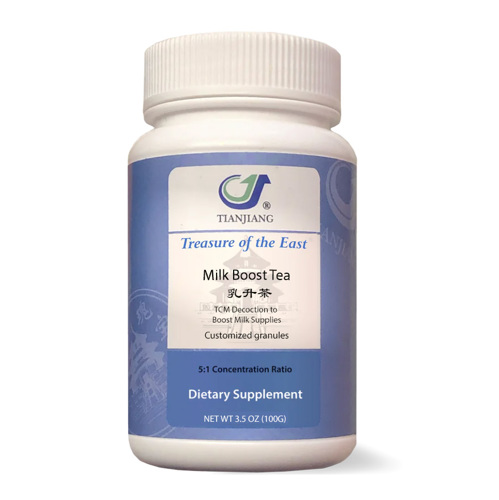Contents
- How to relactate successfully?
- How long will relactation take?
- How much milk will I produce when I relactate?
- What factors influence whether I'll successfully relactate or not?
Relactation is when a mother who previously nursed a baby and stopped wants to lactate again for the same baby. It falls under the umbrella term of "inducing lactation" but for this specific scenario only.
Inducing lactation for relactation purposes is comparatively easier than other scenarios, with a higher likelihood of success. This is because the mother's body remains somewhat prepped for lactation with, for instance, a certain amount of prolactin hormone remaining.
That being said, a successful relactation is never guaranteed. A key success factor is how long ago you stopped breastfeeding and how long ago you gave birth. The shorter these time periods, the higher the likelihood of success.
A successful relactation also depends on how committed you are to the relactation process. It does take some work and a good amount of commitment.
How to relactate successfully?
There are basically two methods to successfully relactate: with or without the help of hormones.
If you gave birth less than 6 months ago or stopped breastfeeding for just a few days, our recommendation is to try without hormones. Avoiding the use of artificial medication is always preferable and within these time frames you have a high likelihood of succeeding without hormones. To see the detailed steps you should take to relactate without the help of hormones, please refer to our article on the topic.
If you gave birth more than 6 months ago and didn't breastfeed your baby for a relatively long time period, you have more chances to successfully relactate with the help of hormones. If that's your case, please read our article on inducing lactation with the help of hormones.
How long will relactation take?
If you do not take hormones because you gave birth less than 6 months ago or stopped breastfeeding for just a few days, relactation is a process that typically takes 4 to 6 weeks. Of course it can be much shorter depending on the gap since your last lactation: the shorter the better.
With hormones the timing is more certain: you will take hormones during about 30 days to prep your breasts to lactate again. At the end of this time period, you'll start pumping or breastfeeding and from then on it typically takes a few days to a week to start expressing milk again. As such the whole process should take approximately 5 weeks.
How much milk will I produce when I relactate?
A study on 50 women who tried relactation using similar methods to what we recommend found that 92% of the women achieved exclusive breastfeeding, 6% partial breastfeeding and only 2% didn't achieve any lactation at all.1
This means you're extremely likely to achieve exclusive breastfeeding, meaning producing enough milk to cover all of your baby's nutritional needs.
What factors influence whether I'll successfully relactate or not?
To stack all the odds in your favor, here is a list of success factors for relactation:
- Whether you take hormones or not. Especially if you gave birth more than 6 months ago and didn't breastfeed your baby for a relatively long time period, taking hormones increases your chance of success.
- Use of galactagogues, such as Milk Boost Tea. It's packed with 13 different herbs that together assist your breasts with lactation.
- Your determination and motivation. It takes a lot of work, especially the pumping and stimulating of the breasts.
- A support network around you such as a doctor, lactation advisor, etc. Like this you're well advised and supported.
- A good double-sided electronic pumping machine.
- The mother's daily activities and emotions. Stress and anger for instance have a negative impact on your lactation.
- The breasts' condition.


Rarely you might struggle to get more than a small trickle of breast milk. This can sometimes be due to your milk ducts not being large enough or being blocked somehow.

If that's your case you might want to give Unblock Nursing Tea a try. It's an herbal tea made of 12 natural herbs that's designed to help fight off engorged breasts and clogged ducts. It might be just what you need to unblock your milk ducts and transform that trickle into a nice flow!
Of course, while you drink it it's critical you continue your relactation efforts unabated so as that gives your body the signal to keep sending milk to your breasts.
Sources:
1. Seema, MD, A. K. Patwari, MD, DCH, MNAMS, L. Satyanarayana, MSc, Relactation: An Effective Intervention to Promote Exclusive Breastfeeding, Journal of Tropical Pediatrics, Volume 43, Issue 4, August 1997, Pages 213–216, https://doi.org/10.1093/tropej/43.4.213

